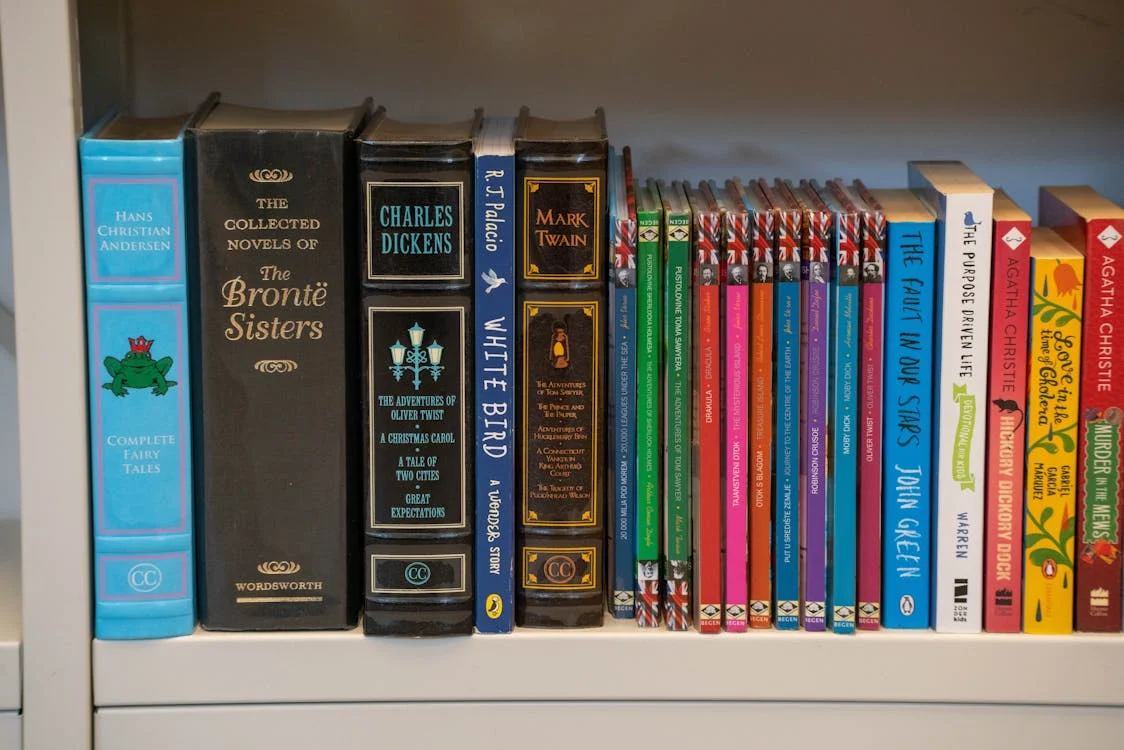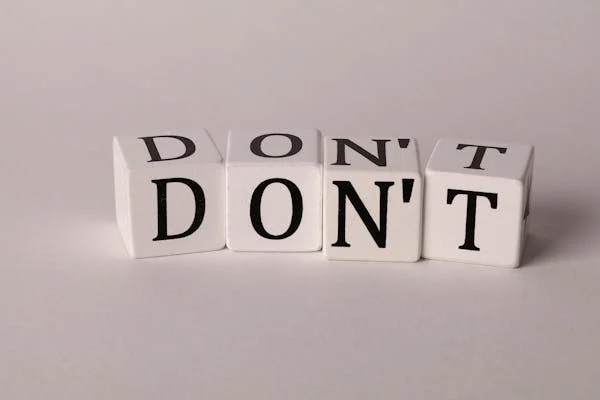
Summer books for teens offer abundant benefits. Research consistently links active reading to improved grades, but the advantages extend beyond the classroom. Delving into the world of summer books exposes you to multiple perspectives, broadens your horizons, and significantly enhances your vocabulary.
Well, what about life after High School? Reading’s got that covered too. The more you read, the more your reading, writing, and comprehension skills get developed, thus preparing you for any competitive exam you need to take – the SAT, ACT, GMAT – you name it.
This Summer, whether you’re reading for a hobby or to build your skills, we’re here to support you. Having vast experience with the IB syllabus and popular reads, here is our recommended list of top 10 books. If you’re game to read more, we’ve got a longer list for you at the end of this article – they even have PDF links!
We hope you can read, enjoy, and benefit from many of these brilliant summer books over the summer. Here is Our Top 10 Reading list, with reviews from acclaimed critics:
Human Acts – Han Kang
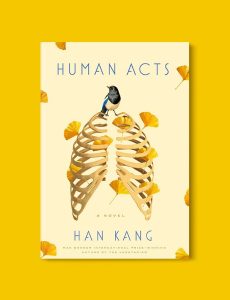
Out of many summer books, our first recommendation is Human Acts by Han King. By focusing on the logistics of cataloging the bodies, Han lulls us into the horror, and before we know it, we are there, inside the gymnasium, awe-struck by the amount of pain humans can inflict on one another and, in the obverse, the dignity with which the volunteers wash and care for the dead. In essence, we witness the impossibly large spectrum of humanity and wonder how it is that one end could be so different from the other.
Nami Mun's reveiw of the novel in the New York Times, dated January 10, 2017.
Handmaid’s Tale – Margaret Atwood
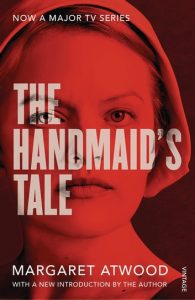
Fiercely political and bleak, yet witty and wise, the novel won the inaugural Arthur C Clarke award in 1987, but Atwood has always maintained that the novel is not classifiable science fiction. Nothing practiced in the Republic of Gilead is genuinely futuristic. She is right, and this novel seems ever more vital in the present day, where women in many parts of the world live similar lives, dictated by biological determinism and misogyny.
Charlotte Newman’s review of the novel on its 25th Anniversary; The Guardian, September 26, 2016
The Great Gatsby – F. Scott Fitzgerald
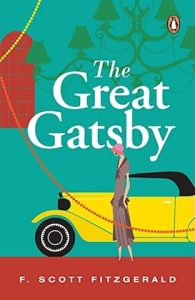
“Gatsby’s magic emanates not only from its powerhouse poetic style — in which ordinary American language becomes unearthly — but from the authority with which it nails who we want to be as Americans. Not who we are; who we want to be. It’s that wanting that runs through every page of Gatsby, making it our Greatest American Novel. But it’s also our easiest Great American Novel to underrate: too short; too tempting to misread as just a love story gone wrong; too mired in the Roaring Twenties and all that jazz.”
Maureen Corrigan, in his book, ‘So We Read On: How The Great Gatsby Came to Be and Why it Endures'
Klara and the Sun – Kazuo Ishiguro
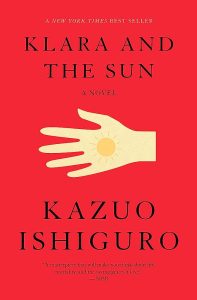
“ The narrative of Klara and the Sun is energized by the friction between two different types of love: one that is selfish, overprotective, and anxious, and one that is generous, open, and benevolent. It feels like a message for all of us as we go about our drearily circumscribed days. What’s beyond doubt is that Ishiguro has written another masterpiece, a work that makes us feel afresh the beauty and fragility of our humanity. “
The Guardian, dated March 1, 2021
One Day in the Life of Ivan Denisovich – Aleksandr Solzhenitsyn
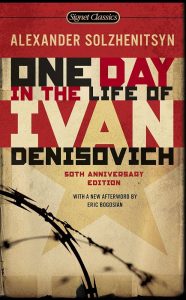
“The novel was a literary as well as a political bombshell; it received an enthusiastic reception on the part of liberal writers, a cautious one from the fence sitters, and it infuriated the die-hards.”
Leopold Labedz
The God of Small Things – Arundhati Roy
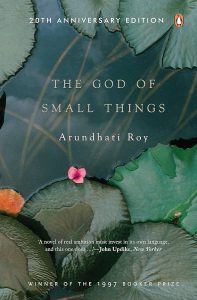
“There is no single tragedy at the heart of Arundhati Roy’s devastating first novel. Although ”The God of Small Things” opens with memories of a family grieving around a drowned child’s coffin, there are plenty of other intimate horrors still to come, and they compete for the reader’s sympathy with the furious energy of cats in a sack. Yet the quality of Ms. Roy’s narration is so extraordinary — at once so morally strenuous and so imaginatively supple — that the reader remains enthralled all the way through to its agonizing finish.”
Review in the New York Times
Madame Bovary – Gustave Flaubert
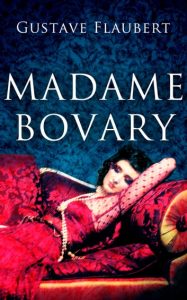
“Not until the work of Flaubert did prose lose the stigma of aesthetic inferiority. Ever since Madame Bovary, the art of the novel has been considered equal to the art of poetry.”
Milan Kundera in the preface of his novel, The Joke
Brave New World – Aldous Huxley
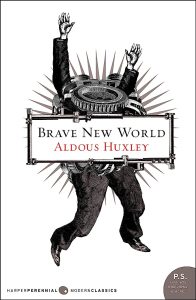
“ Brave New World is a scary depiction of what could soon be our future. I thoroughly enjoyed reading this well-written and thought-provoking novel.”.”
Review in The Guardian dated March 29, 2012
Maus: A Survivor’s Tale – Art Spiegelman (Graphic Novel)
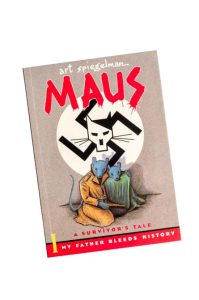
“This was in equal parts outrageous, disturbing, subversive, witty — and yet somehow comforting,”
Jeff Smith, director of Cartoon Crossroads Columbus Festival, Ohio
Persepolis – Marjane Satrapi (Graphic Novel)
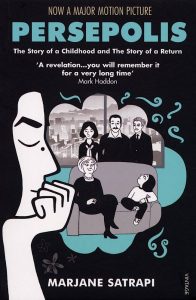
“…Sometimes funny and sometimes sad but always sincere and revealing.”
Andrew Arnold of TIME, which included Persepolis in its "Best Novels of 2003" list
We’ve designed a printable version of our Top 10 reading list to help you track your progress and reflect on the book(s) as you read. You can download it using the button below. We also have a complete IB Reading list with links to the books! Feel free to print and share with your friends too.
Happy Reading!

